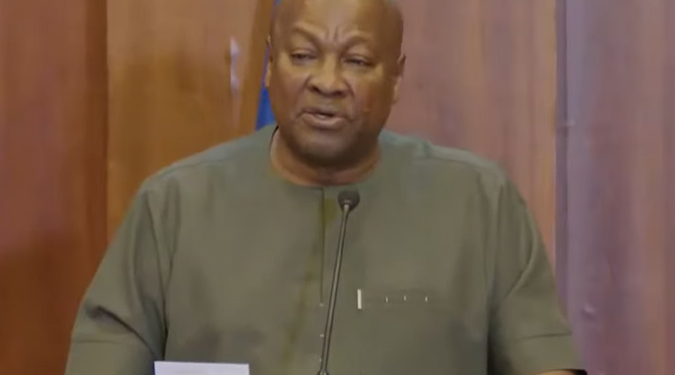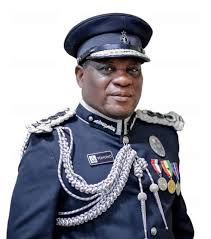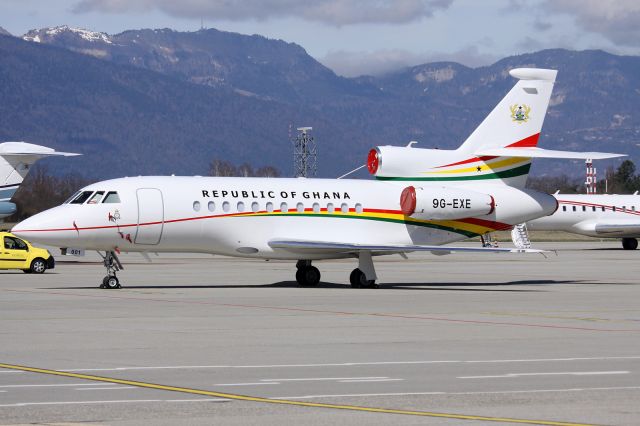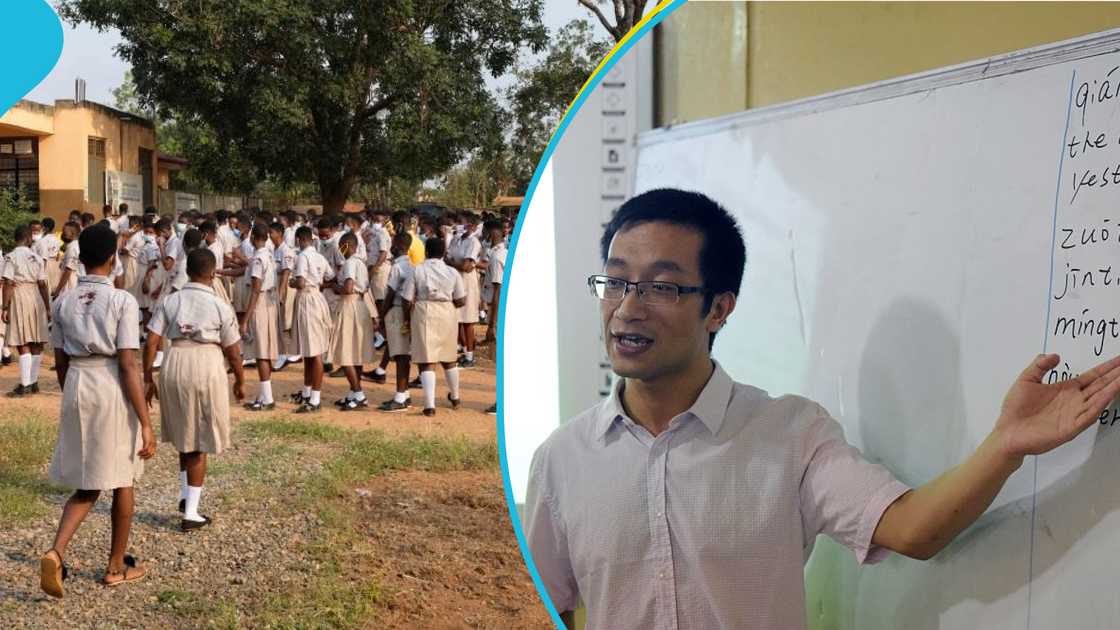By Francis Kobena Tandoh
A number of Civil Society Groups (CSOs) invited to a meeting with Ghanaian President John Dramani Mahama on Friday to discuss illegal mining popularly known as ‘galamsey’ have expressed disappointment with the approach by the government to fight the menace.
President Mahama invited over 50 civil society organizations (CSOs) for a high-level engagement on illegal mining at the Jubilee House in Accra.
The meeting was meant to provide a platform for “frank and constructive dialogue” between government and CSOs around the environmental, social and regulatory crises caused by galamsey.
The Knights of St. John International and Ladies’ Auxiliary has called on the government to move beyond the rhetoric and take strong, decisive steps against galamsey.
They urged President Mahama to consider proposals already put forward by the Ghana Catholic Bishops Conference, religious bodies, civil society organizations, and academia, including calls for the declaration of a state of emergency in heavily affected areas, rather than simply organizing engagements.
Supreme Subordinate Commandery President of the Knights of St. John International, Major General William Edmund Adjei, told the media it is time for action and not the talk shop.
“Let me be very honest with you, where we have gotten to in the fight against galamsey, it is not talk matter. It is action. And I don’t believe anybody in government does not know what must be done.
“Do you need a meeting like that to know what must be done? I don’t think so. But all said and done, I respect government for the initiative. I only pray it will not be another talk show. What is important now is action, not talk.”
Deputy Director of A Rocha Ghana, Daryl Bosu, has questioned the government’s claims about progress in the fight against illegal mining, saying they do not reflect the lived experiences of affected communities.
Speaking after a stakeholder meeting between President Mahama and the CSOs, Bosu said the frustrations and suffering of people in mining-affected areas are far worse than what was presented during the engagement.
“If you really are going to be very truthful and face the fact. If you go to the communities and hear the stories of frustrations, the stories of intimidations from illegal miners whatever we heard on the screens or saw on the screens today is not a true reflection of the sentiment of the people who are feeling the brunt of the illegal mess,” he said.
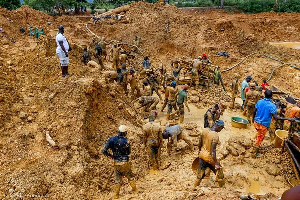
Here are the main points of criticism and disappointment that have been expressed before (and likely expected) in relation to that engagement:
Many civil society groups feel the government has not shown the urgency the situation demands. They argue that despite worsening environmental damage (polluted rivers, degraded forests, displaced farmers, etc.), the responses have remained slow or cautious.
One of the most significant points of contention is that President Mahama has positioned a state of emergency as a last resort instead of taking it sooner. CSOs argue that this option should already be in play for many affected areas.
They cite worsening facts (e.g. very high levels of turbidity in water treatment plants, widespread pollution) as justification for more drastic measures.
Some CSOs criticize decisions like withdrawing or reducing the involvement of police or security forces in certain anti-galamsey operations. They see this as undermining efforts to control illegal mining.
There’s a sense that legal structures and existing laws are not being enforced strongly enough.
There’s criticism that the government is making too many disclaimers or caveats — for example, insisting that alternative livelihoods must be secured before cracking down, or that legal tools must be exhausted first. CSOs worry that this is being used to delay decisive action.
Also, Mahama’s claim that police sometimes can’t distinguish between legal small-scale miners and illegal miners is seen by some as weakening the resolve to enforce the law.
CSOs remind that Mahama has, in the past (especially whilst in opposition), supported stronger emergency-style actions against galamsey. They consider the current reluctance or moderation as inconsistent.
The physical realities on the ground — such as massive pollution of water bodies, high turbidity levels in treatment plants (e.g. Kwanyarko), destruction of forests and farmland, food security concerns — are cited as reasons why delays are no longer acceptable.
There is some concern that programs like NAIMOS (National Alternative Employment and Livelihood Programme for Small-Scale Miners) may lack the logistics, funding or oversight to make the promised difference.
The CSOs are therefore calling for a declaration of a state of emergency in key affected areas, or more broadly, to mobilize resources and powers quickly, stronger enforcement of existing laws and regulatory frameworks, with fewer excuses or delays and naming or prosecuting individuals or entities involved in galamsey, including possible complicity of officials.
The rest are measurable action and timelines: not just plans or dialogue, but visible, tangible steps (e.g. closure of illegal sites, clean-up efforts, water purification, reforestation, and supporting affected communities), adequate resourcing of alternative livelihood programs to reduce dependence on illegal mining and clearer data and reporting about environmental damage so that stakeholders can track progress or failure. Enditem
Source: Ghana Eye Report
Share Us
